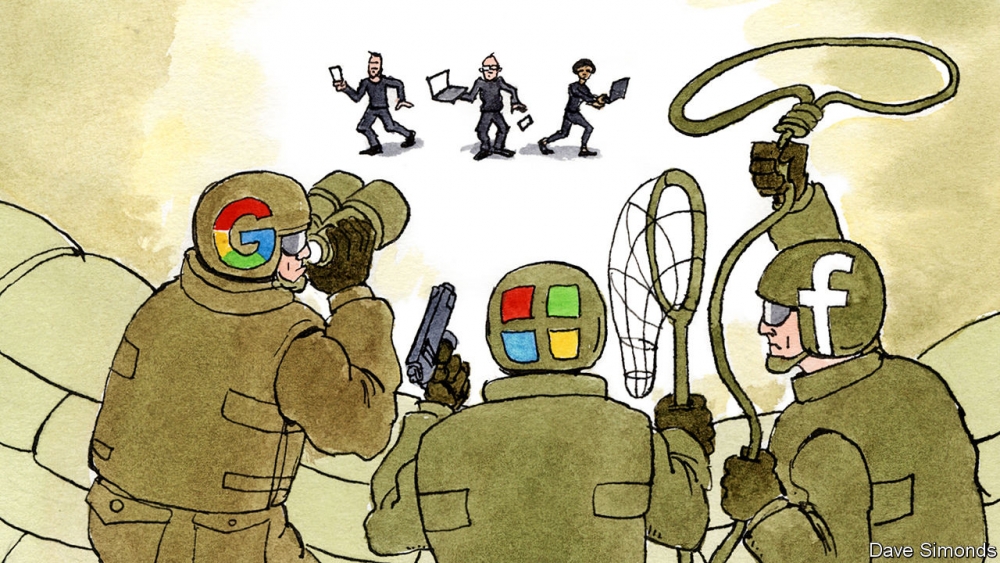RIO DE JANEIRO, BRAZIL – The European Union on Thursday approved new antitrust rules aimed at changing the business model the major digital platforms – Apple, Google, Meta, and Amazon – have used to dominate the market over the past two decades.
“Agreement. An innovative and long-awaited text to ensure fair competition in digital markets,” the French EU Presidency announced on its official Twitter account.
Read also: Check out our coverage on curated alternative narratives
EU institutions today agreed on the final text of the Digital Markets Act, which will come into force in 2023 and regulate mobile app businesses and internet search, as well as restrict the use of personal data by internet giants.

Users must be able to remove mobile apps that a company has installed by default on mobile devices, such as the Google Chrome browser on Android-powered phones.
They also need to be able to install a different mobile app store then the device brand so that Android users can buy Apple’s app store, for example, and vice versa.
Internet giants will also not be able to prioritize their products in search services but will have to allow users to buy goods directly from other companies’ websites.
In terms of personalized advertising, the main business of Internet companies, users will also have to give their consent to how companies collect and match their data.
The regulation also prohibits companies from combining the personal data they receive from their users through their various services (which Meta compares to the information it receives through its WhatsApp messaging service) unless they have customers’ explicit consent.
In addition, the messaging services of the significant platforms must be compatible with the smaller platforms.
It’s a whole set of obligations that companies with a market value of at least 75 billion euros (about US$83 billion) must meet.
In the event of non-compliance, the directive stipulates that Brussels can impose fines of up to 20% of annual turnover, and there is even the possibility that Brussels will break up the company.
Ultimately, the Digital Markets Act stems from a perception in Brussels that EU antitrust rules have not prevented abuses of power by Google, Amazon, Facebook, Apple or Microsoft because the European Commission must conduct lengthy investigations in an ever-evolving sector before it can prove illegal behavior.
“The Digital Markets Act puts an end to the increasing dominance of big tech companies. From now on, the big tech companies will have to prove that they also allow fair competition on the Internet,” said the European Parliament’s rapporteur for the directive, Andreas Schwab MEP.
“The EU means digital rights,” said Internal Market Commissioner Thierry Breton on his official Twitter account.
The EU institutions are also negotiating the Digital Services Act, which requires platforms to make the algorithms that determine what content users see on the Internet more transparent and to remove illegal content quickly when they learn about it.

